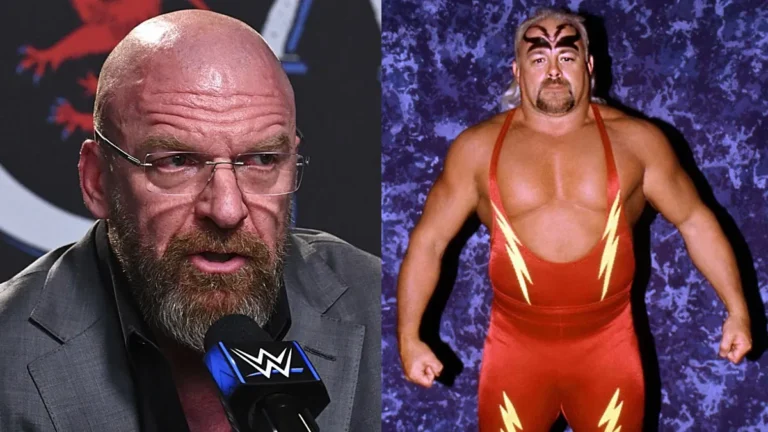Israel Bombs Beirut In Nasrallah Assasination Attempt
Israel Bombs Beirut In Nasrallah Assasination Attempt

In a dramatic escalation of the ongoing conflict, Israel launched a powerful airstrike targeting Hezbollah’s leader, Hassan Nasrallah, in Beirut on September 27, 2024. This bold move has sent shockwaves through the region and raised concerns about the potential for further violence.
The Attack
At approximately 6:00 p.m. local time, Israeli F-35 jets dropped bombs weighing up to one ton on what was described as Hezbollah’s “main headquarters” in the Dahiye district, a stronghold south of Beirut1. The airstrike reduced four buildings to rubble, creating a massive crater and leaving a trail of destruction in its wake1. The Israeli Defense Forces (IDF) claimed the target was a strategic military site located under residential buildings1.
Immediate Aftermath
The Lebanese Health Ministry reported at least two fatalities and 76 injuries as a result of the strike2. Rescue workers and emergency services were quickly on the scene, pulling survivors from the debris and transporting the wounded to nearby hospitals1. Images from the site showed a large cloud of smoke rising over the suburbs of Beirut, with buildings completely razed to the ground1.

Political Reactions
The airstrike followed a belligerent speech by Israeli Prime Minister Benjamin Netanyahu at the United Nations General Assembly, where he ruled out any form of negotiation over a ceasefire agreement1. Netanyahu emphasized Israel’s determination to defeat Hezbollah, describing the conflict as a battle between a “bright blessing” and a “dark future of despair”1.
The Israeli government informed its American allies of the operation minutes before it commenced. Although the Pentagon has denied prior knowledge1. This move has further strained relations and complicated efforts by the Biden administration to broker a ceasefire3.
Regional Implications
The attempted assassination of Nasrallah marks one of the most significant Israeli actions against Hezbollah in decades3. Nasrallah, who has led the Iran-backed militant group since 1992, has been a central figure in the ongoing conflict between Israel and Hezbollah3. The strike has heightened tensions and raised the specter of an all-out war, with nearly 700 people already killed and 90,000 displaced in recent clashes3.

Conclusion
Israel’s airstrike on Beirut and the attempted assassination of Hassan Nasrallah represent a significant escalation in the conflict with Hezbollah. As the region braces for potential retaliation and further violence, the international community watches closely. Also hoping for a resolution that can prevent further loss of life and stabilize the region.






